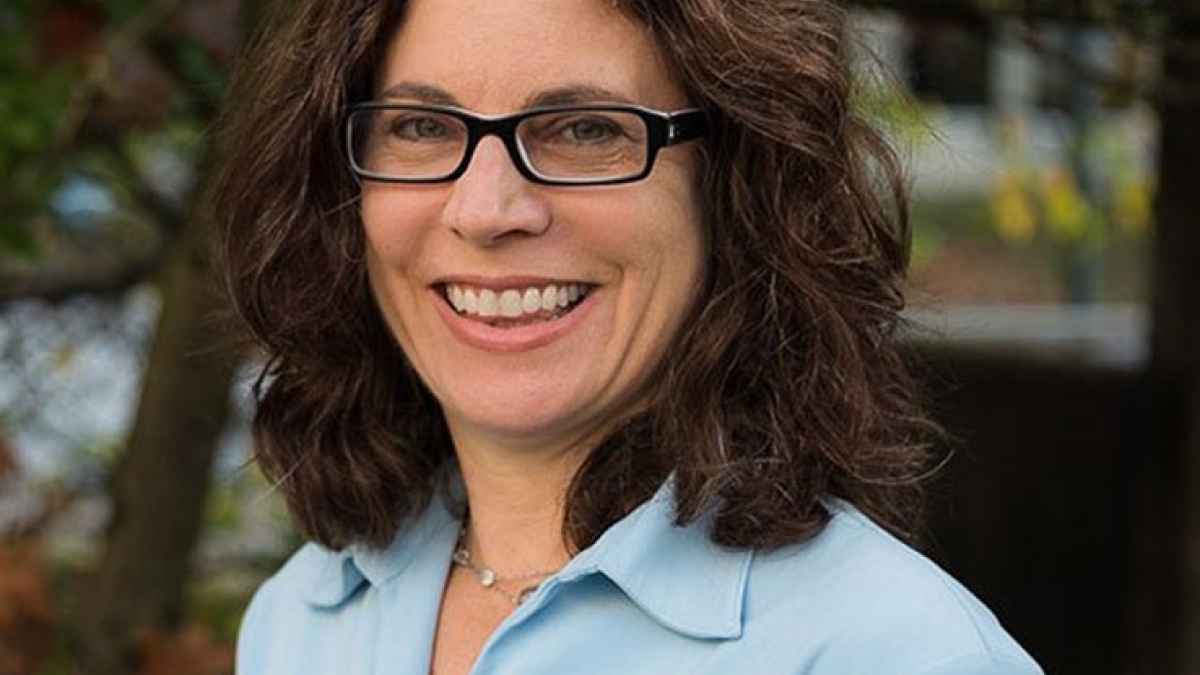College of Health Solutions professor selected to serve on prestigious government health care panel

College of Health Solutions' Professor Marisa Domino will serve on a Congressional Budget Office's health panel.
Marisa Domino, professor at Arizona State University's College of Health Solutions, has been selected to serve on the Congressional Budget Office’s panel of health advisors.
The panel consists of experts in health policy and the health care sector tasked with helping the Congressional Budget Office (CBO) fulfill its mission of producing independent, nonpartisan analysis of economic and budgetary issues to support the congressional budget process.
Domino joined the College of Health Solutions last year as a professor and director of the Center for Health Information and Research (CHiR), Arizona’s first comprehensive health care data analytics repository of local health records. CHiR has served researchers and policymakers by processing big data sets since it was founded in 1999.
Domino said she was delighted to have been included on the panel. When the CBO initially approached Domino, she didn’t even realize she was being considered.
“I got a call that the CBO wanted to talk to me about some topics they’re interested in,” Domino said. “I met with the staff and talked about a number of things. They also asked for my suggestions about other important topics. I thought it was a one-time talk but a little while after that I got an invitation to be on their panel of health advisors.”
Domino recently participated in the panel’s annual meeting in Washington, D.C., where the CBO discusses topics it's working on. Members of the panel can also be consulted when Congress brings up new policies related to health and health care.
Domino, who grew up in Tucson, Arizona, earned a PhD in health economics at Johns Hopkins University and was a postdoctoral fellow at Harvard Medical School.
Prior to coming to ASU, she spent 21 years at the University of North Carolina at Chapel Hill, where she was a professor of health economics and a research fellow at the Cecil G. Sheps Center for Health Services Research. She was also director of the center’s program on mental health and substance abuse services and systems, and led its mental health systems and services research training program.
Her areas of interest include mental health and substance use disorders and Medicaid policy. She said it will be an honor to have a chance to make an impact in those areas.
“I’ve spent my whole career trying to make sure the policies we make in health care are evidence-based and work well for people and families,” Domino said. “Being able to participate in informing some of the projects at the federal level through the CBO is a real honor. I was further humbled by the people who were in the room, who were some of the biggest thinkers in health policy today.”
More Health and medicine

Bird flu: Your questions on symptoms, spread and safety answered
Bird flu is no longer only “for the birds.”Infections have expanded beyond wild birds and poultry to a range of animals — from…

Making medicine side-effect free
Many drugs that address medical conditions can come with serious side effects. In drug commercials, the litany of potential side…

Diagnostic research happening at ASU focused on detecting diseases earlier to save lives
It was one of America’s founding fathers, Benjamin Franklin, who may have foreshadowed today’s health care innovation when he…

